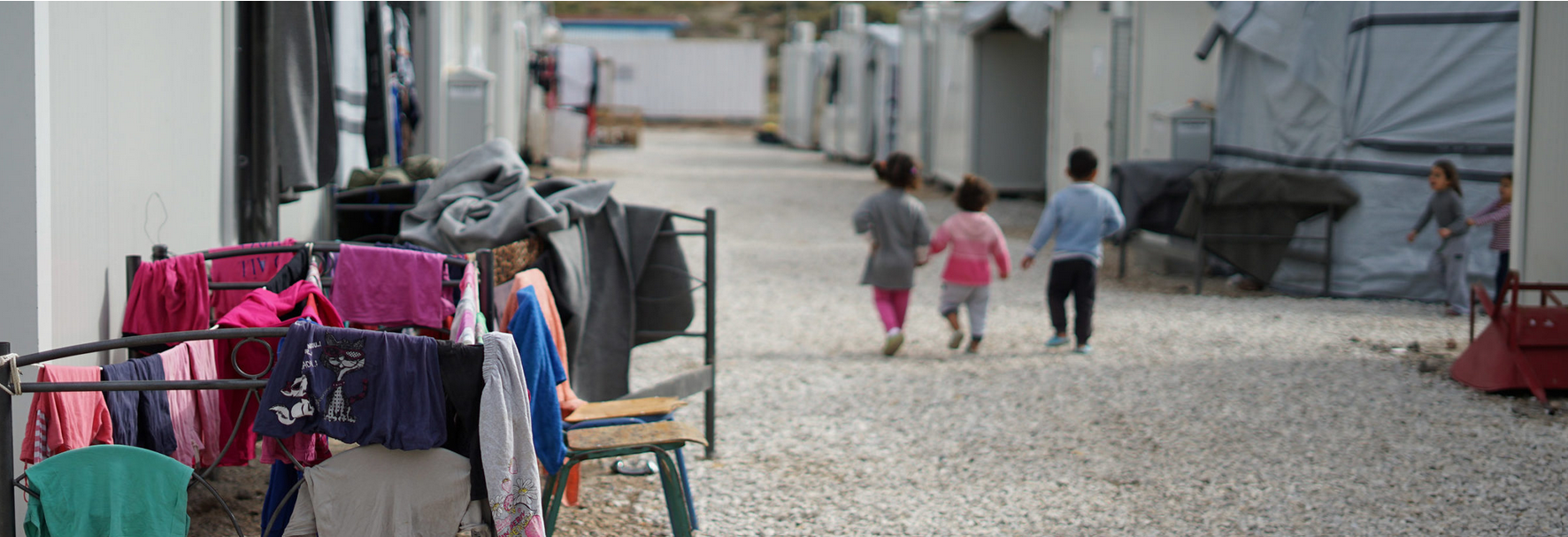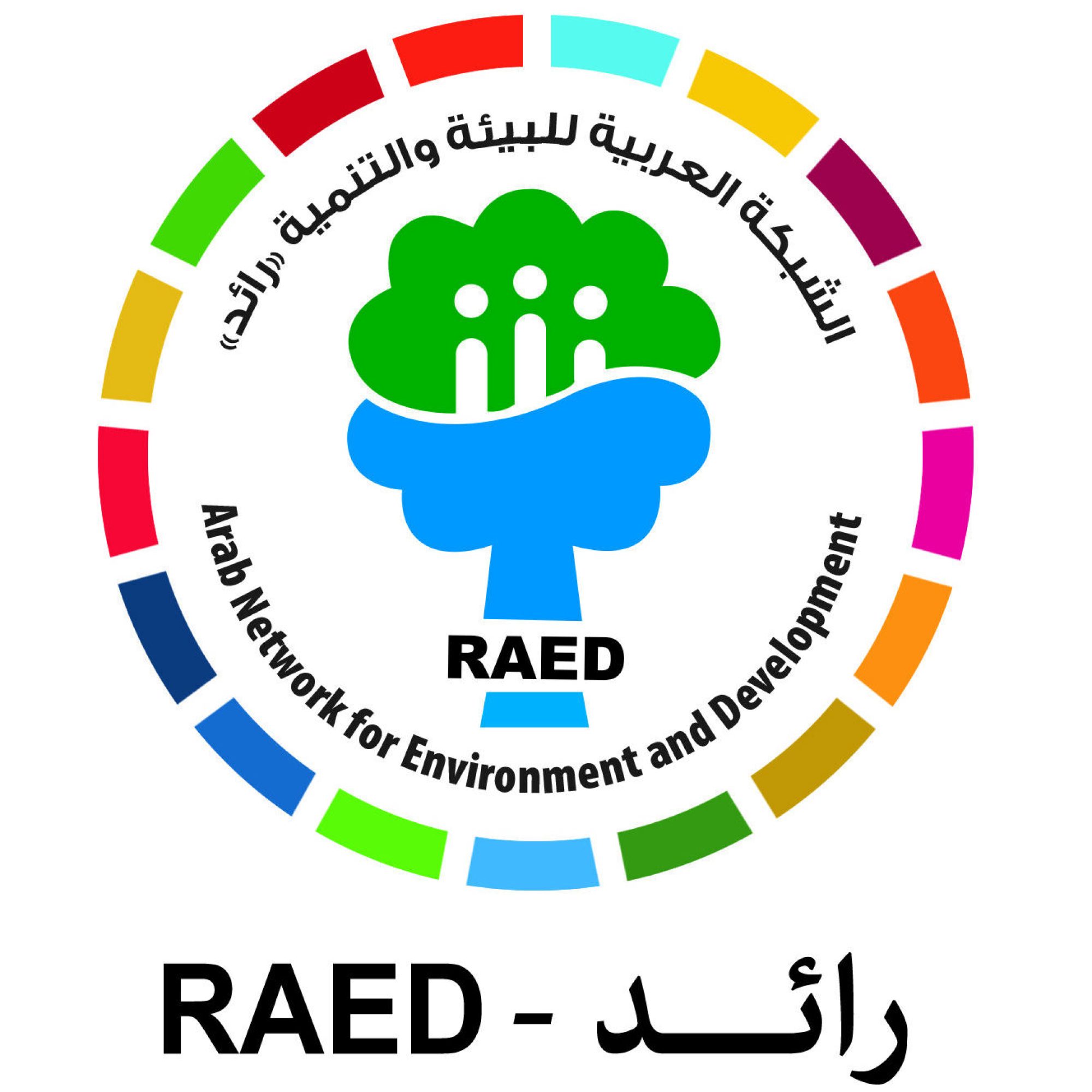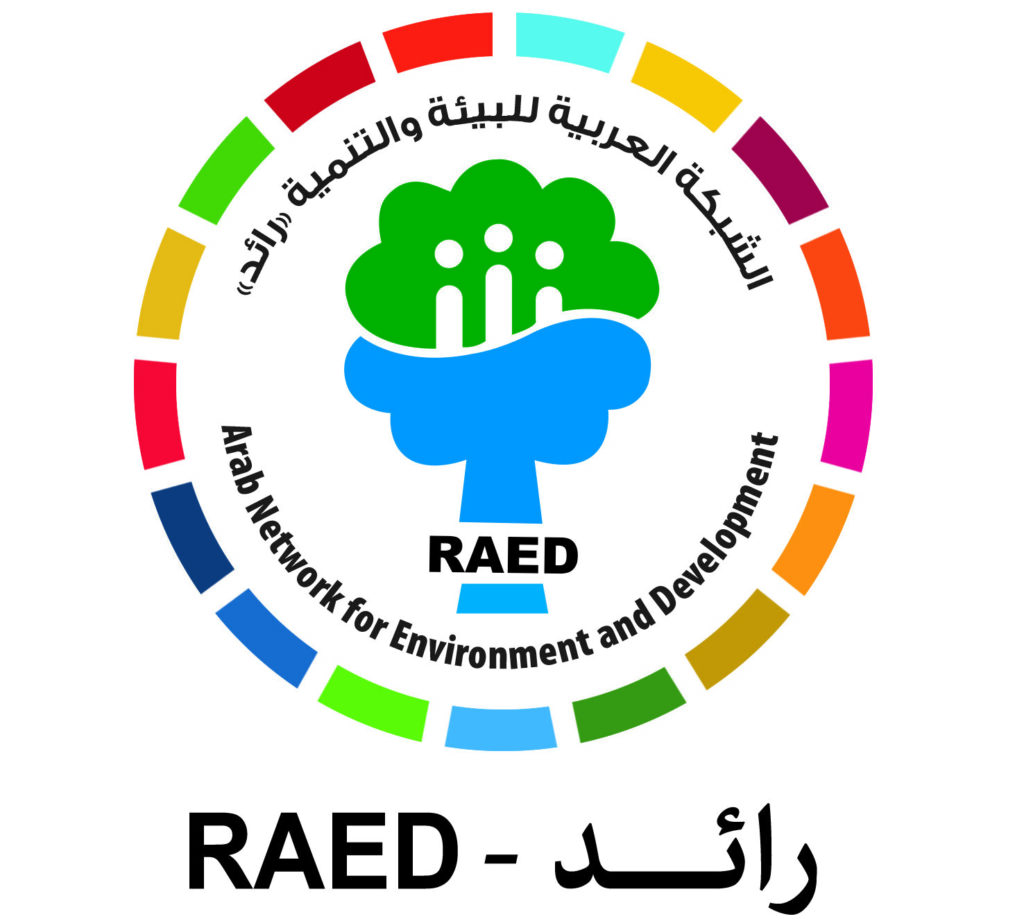
AFL Action at Frontline Project
This Project is the second phase Views from Frontline project, which aims to measure progress in implementing the “Hyogo Framework for Action” at the local level in various developing countries and regions, in order to monitor and analyze the problems and crises facing poor and developing communities in a precise manner, while prioritizing risks and placing them within local action plans.
Brief
Since climate change is one of the major problems facing the Arab region at the present time, the Global Network of Civil Society Organizations for Disaster Risk Reduction “GNDR” has cooperated with RAED to implement Action at Frontline Project, whose strategy lies in monitoring and accurately analyzing the problems and crises facing poor and developing communities. to prioritize these risks and to place them within local action plans. This is to achieve the ultimate goal of this project, which is to enhance the ability of those affected to confront disasters and daily risks, including their underlying causes, so that they become more able to adapt to these shocks and pressures.
Main Objective
facilitating the local communities’ understanding of the risks facing their communities, and the rooted causes of their occurrence in a more in-depth and analytical manner. That’s by working together with civil society organizations and enhancing their ability to address these repercussions through the principle of participation.
Partners
Global Network of Civil Society Organizations for Disaster Reduction – GNDR
Implementation
Started in 2013 and ended in 2015
Location
Jordan, Lebanon, Egypt
Outcome
Through the project methodology, which is based on strengthening the capacities of civil societies to build their capacities, learn and exchange actions, strategies and innovations with each other, as well as exchange knowledge and create political space for information and influence on local, national and global governance. RAED conducted studies on the status of civil societies in areas most at risk of disasters, especially those resulting from climate change, in the countries participating in the project, and organized some training activities to help them build their capacities to adapt to these disasters.

